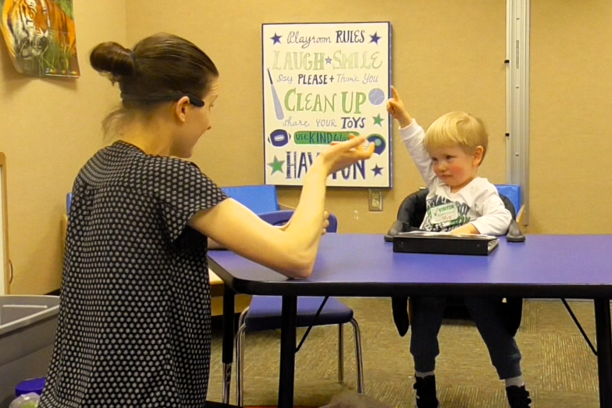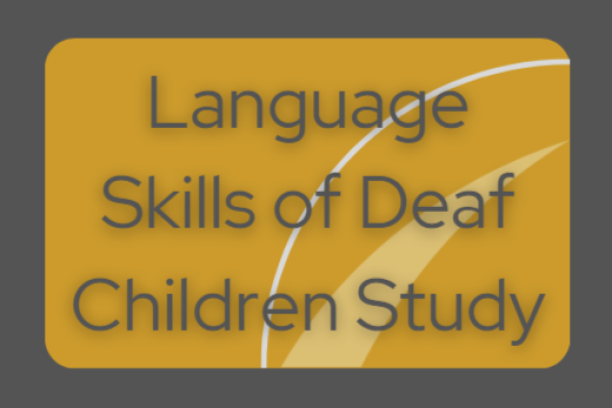-
Crandall M.C., Bottema-Beutel K., McDaniel J., Watson L.R., Yoder P.J. Children with autism spectrum disorder may learn from caregiver verb input better in certain engagement states Journal of Autism and Developmental Disorders. 2019 May;49(49). 3102-12.
Abstract
The relation between caregiver follow-in utterances with verbs presented in different states of dyadic engagement and later child expressive verb vocabulary in children with autism spectrum disorder (ASD) was examined in 29 toddlers with ASD and their caregivers. Caregiver verb input in follow-in utterances presented during higher order supported joint engagement (HSJE) accounted for a significant, large amount of variance in later child verb vocabulary; R2= .26. This relation remained significant when controlling for early verb vocabulary or verb input in lower support engagement states. Other types of talk in follow-in utterances in HSJE did not correlate with later verb vocabulary. These findings are an important step towards identifying interactional contexts that facilitate verb learning in children with ASD.





